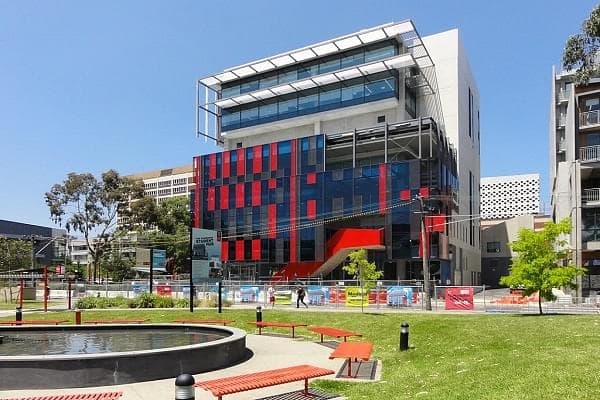Bachelor of Arts Professional (Creative Writing and Literature) at Swinburne University of Technology
Melbourne, Australia
- Tuition Fee AU$ 31,000
- Country Rank-
- Duration48 Months
- Score IELTS: 6 TOEFL: 79
Program Overview
In Swinburne’s Bachelor of Arts (Professional) apply your knowledge and analytical thinking directly into your desired career with a mandatory 12-month paid work placement.In this arts degree you’ll examine how societies interact and evolve, and how to develop plans of action with a strong focus on building your confidence to make a difference.With a depth of knowledge and transferable skill set of critical thinking, written and verbal communication, cultural competency, and digital literacy - you’ll be ready for a dynamic career across a range of industries that meets the demands of a tech first workforce.You’ll benefit from unique industry partnerships to build your professional network and get to work making your mark on the world (and its future) before you graduate.
Cost Of Studying At Swinburne University of Technology
Interest rates as low as 8.9% *
250K+
Students Assisted
800Cr+
Loan Amount Disbursed
5000+
Loans Sanctioned
